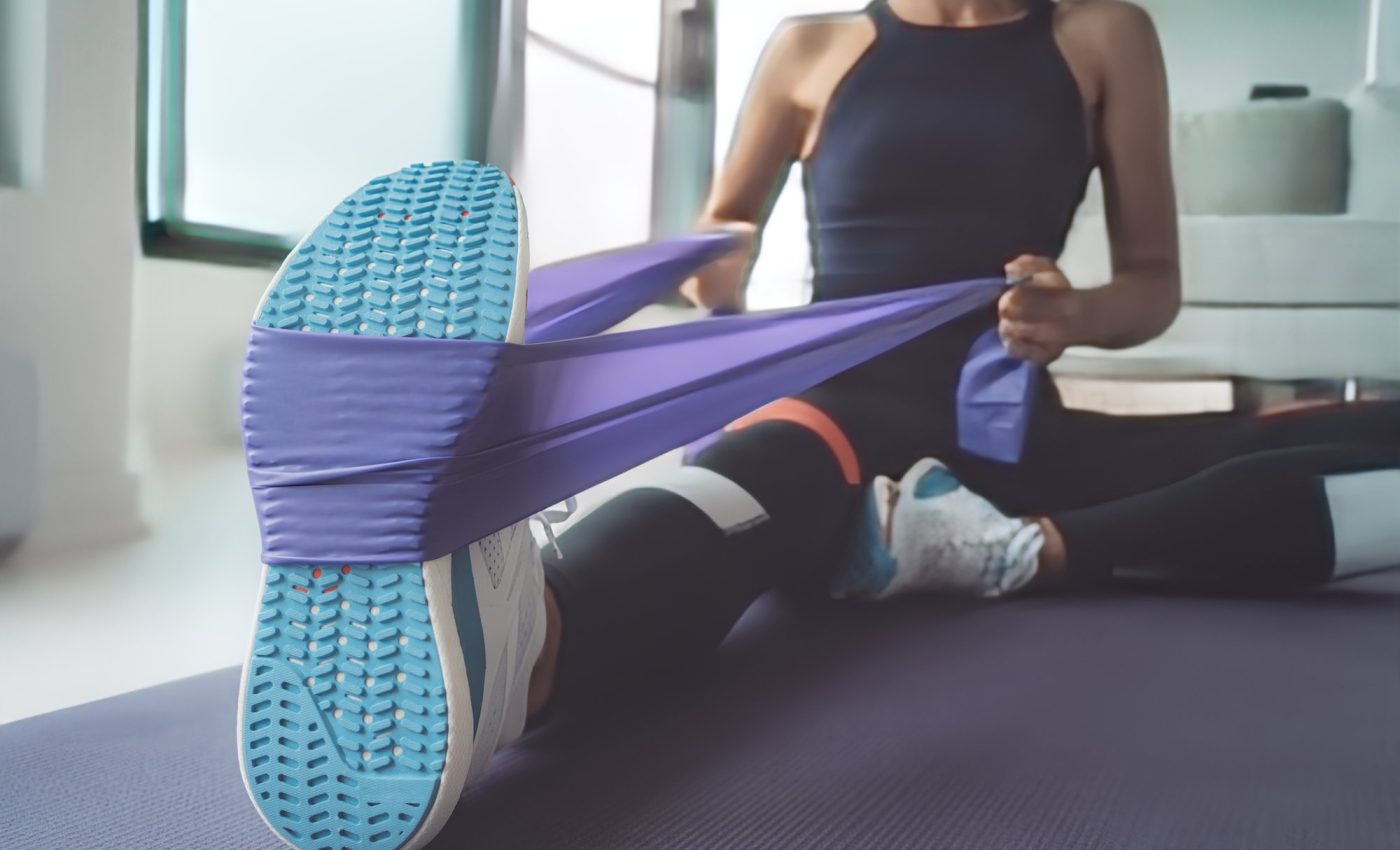
Resistance exercise in the evening can improve sleep
New research suggests that taking three-minute resistance exercise breaks every 30 minutes over a four-hour period in the evening may improve sleep length.
The study, led by researchers who recruited 30 non-smokers aged 18 to 40, found that participants slept an average of 27 minutes longer after incorporating these activity breaks compared to prolonged sitting.
Resistance exercise in the evening
Current recommendations discourage intense exercise before bed due to its potential to increase body temperature and heart rate, which can result in poorer sleep quality.
However, the study explored whether short, simple exercises could positively impact sleep without these adverse effects.
Participants wore activity trackers to record their physical activity and sleep patterns. They completed two sessions: one with continuous sitting and another with resistance exercise breaks, including chair squats, calf raises, and standing knee raises.
No disruptions in sleep quality
The results indicated that after the exercise breaks, participants slept longer, averaging 7 hours and 12 minutes compared to 6 hours and 45 minutes after prolonged sitting. Wake times were also later, with participants waking at 8:06 am after exercise breaks versus 7:35 am after sitting.
No significant differences were found in sleep efficiency or the number of awakenings during the night, suggesting that these activity breaks did not disrupt sleep quality.
Additionally, there were no notable differences in activity patterns in the 24 hours following each intervention.
The researchers acknowledged several limitations, such as the small sample size and the controlled laboratory setting, and called for further studies involving larger numbers of people in their normal home environments.
“These results add to a growing body of evidence that indicates evening exercise does not disrupt sleep quality, despite current sleep recommendations to the contrary,” wrote the study authors.
The influence of evening exercise
The experts highlighted that extending sleep duration, particularly for those who sleep less than the recommended nightly total, may potentially reduce metabolic and cardiovascular disease risk over the long term.
The simple resistance exercises used in the study can be easily integrated into daily routines, even while streaming content, which may increase adherence to the routine.
“While existing research indicates that evening exercise may not adversely impact sleep, the mechanisms by which it influences sleep quality remain unclear,” they concluded.
More about resistance exercise
Resistance exercise, also known as strength training or weight training, involves activities that cause your muscles to work against an external resistance. This could be weights, resistance bands, or even your body weight. The main goal is to increase muscle strength, size, and endurance.
When you do resistance exercise, you’re essentially creating tiny tears in your muscle fibers. Your body repairs these tears, making the muscles stronger and bigger in the process. It’s like giving your muscles a workout to build their resilience.
One of the great things about resistance exercise is that it’s versatile. You can lift weights at the gym, use resistance bands at home, or even do bodyweight exercises like push-ups and squats anywhere. It’s suitable for all fitness levels, from beginners to advanced athletes.
Resistance exercise offers numerous benefits beyond just building muscle. It can improve bone density, boost metabolism, enhance joint function, and even help with weight management. Regular resistance training can also improve your overall physical performance and reduce the risk of injuries.
It’s important to start slowly and focus on proper form to prevent injuries. As you get stronger, you can gradually increase the resistance or the number of repetitions to continue challenging your muscles.
The study is published in the journal BMJ Open Sport & Exercise Medicine.
—–
Like what you read? Subscribe to our newsletter for engaging articles, exclusive content, and the latest updates.
Check us out on EarthSnap, a free app brought to you by Eric Ralls and Earth.com.
—–













